The Vietnam Federation of Commerce and Industry (VCCI) has just commented on the Draft Decree amending and supplementing a number of articles of Decree 107/2018/ND-CP on rice export business and Decree 01/2025/ND-CP amending and supplementing a number of articles of Decree 107/2018/ND-CP (Draft).
According to VCCI, on May 4, 2025, the Politburo issued Resolution No. 68-NQ/TW on private economic development, which requires minimizing administrative intervention, eliminating the mindset of "if you can't manage it, ban it" and removing barriers to market access to ensure a transparent, easy-to-comply and low-cost business environment.
In that context, amending regulations on rice export business needs to thoroughly grasp the guiding spirit of Resolution 68, ensuring the creation of a favorable business environment, competition according to market mechanisms and minimizing unnecessary compliance costs for businesses.
The regulation that "rice exporters must own warehouses" increases the cost of market entry for businesses.
Commenting on the Draft, VCCI said that Article 1.1 of the Draft (amending Article 4.2 of Decree 107/2018/ND-CP) stipulates that rice exporters must own warehouses to store rice. Thus, enterprises will not be allowed to rent warehouses to store rice as per current regulations. VCCI believes that this regulation needs to be reconsidered.
First, the purpose of the warehouse condition is to provide management agencies with information on actual operating capacity and to ensure that there is a place to store rice and paddy. Whether a business owns or rents a warehouse can meet this purpose. Therefore, if a business meets the capacity standard, owning or renting a warehouse should be considered a business freedom – in line with the principles of a market economy .
In fact, the situation where businesses only rent warehouses and milling facilities to “cope” with business conditions but do not maintain operations is an enforcement issue, not a fault of the rental form. In such cases, the State can completely handle it by revoking the license because the business does not meet the conditions, instead of changing the conditions in a tightening direction - with the mindset of “if you can’t manage it, then ban it” that Resolution 68-NQ/TW of the Politburo requested to eliminate.
Second, the regulation requiring enterprises to own warehouses will increase the cost of market entry, especially for small and medium enterprises. Being forced to invest in building or buying warehouses requires large financial resources, making it difficult for new enterprises to enter the market. This not only reduces competitiveness but also affects farmers' income and the sustainability of the rice industry value chain.
Third, the argument of the drafting agency that the merchants renting warehouses have the advantage of lower costs is not convincing. Because the businesses renting warehouses still have to pay rent - a legal cost and is included in the cost of the product. The fact that the businesses have more competitive prices is a natural consequence of the market mechanism. If there are no signs of unfair competition, the State should not intervene.
From the above analysis, VCCI recommends that the drafting agency remove the regulation requiring traders to own warehouses in the Draft.
The regulation that "new traders must reserve 1,250 tons of rice after 45 days of licensing" should be removed.
Regarding the minimum reserve regulations for new traders, specifically in Article 1.7 of the Draft (amending Article 12 of Decree 107/2018/ND-CP), new traders must ensure a minimum reserve of 1,250 tons of rice after 45 days of being granted a certificate of eligibility for business, and maintain it until they have achieved rice export results. VCCI believes that this regulation will significantly increase the conditions for new businesses to enter the market.
“In the period when export contracts have not been signed, the requirement to import and stockpile a large amount of rice will force businesses to mobilize large amounts of capital, incur storage and preservation costs, thereby increasing unnecessary costs. This is not to mention that businesses are easily passive in purchasing rice for storage due to difficulties in determining the time of licensing,” VCCI analyzed.
According to the agency, the drafting agency's assumption that only traders who sign export contracts will purchase goods could lead to competition to buy goods, affecting domestic rice prices. However, according to VCCI, the regulation only applies to new traders, so the impact on the market is insignificant.
In addition, the drafting agency believes that at harvest time, traders have not organized purchases because they have not signed contracts with partners, affecting farmers' profits. VCCI asked: "It is unclear whether this situation exists only in new traders or in the majority of rice exporters? If it only appears in new traders, this situation is not worrisome because the rate is not large, farmers can still sell to other traders. If it appears in the majority of traders, this regulation does not solve the problem," VCCI stated. Therefore, this agency proposed to remove this regulation.
Regarding the case of revoking the rice export license in Article 1.4 of the Draft (supplementing Article 8.1.i), it is added to revoke the license in case the Ministry does not receive a report on maintaining the circulating reserve level after 45 days from the date of the urging document. VCCI believes that the management agency's request for enterprises to provide data to serve the management is completely reasonable and necessary. However, revoking the license when the enterprise does not report is too severe compared to the nature of the violation.
“In essence, this behavior is an administrative violation, and therefore only administrative sanctions should be applied, and if necessary, high fines can be applied. License revocation should only be applied to cases that do not meet business conditions, and are therefore no longer qualified to conduct business. Therefore, this regulation needs to be changed,” VCCI said.
Regarding the regulation prohibiting export entrustment in Article 1.1 of Decree 01/2025/ND-CP, according to which unlicensed enterprises are not allowed to entrust exports to licensed enterprises, VCCI believes that it needs to be reconsidered.
“This regulation reduces business opportunities for many businesses, especially those with the capacity to produce rice that meets standards but do not meet the licensing requirements. In some cases, businesses have to transfer customers to markets such as Cambodia and Thailand - where export conditions are more open, affecting Vietnam's rice exports and putting many businesses at risk of closing down,” VCCI said, adding that the export authorization is completely in accordance with the Commercial Law and its implementing guidelines, as rice is not on the list of goods banned or temporarily suspended from export. Therefore, VCCI proposed that the drafting agency abolish this regulation.
Thanh Ha
Source: https://baophapluat.vn/vcci-de-xuat-go-kho-cho-doanh-nghiep-kinh-doanh-xuat-khau-gao-post550464.html
















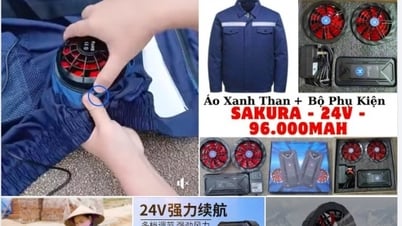
































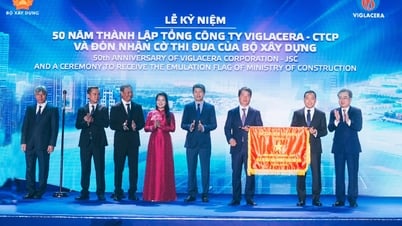

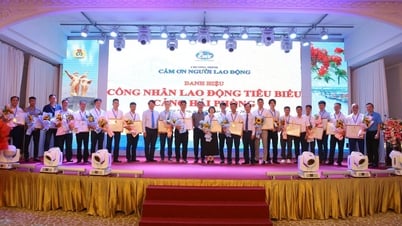
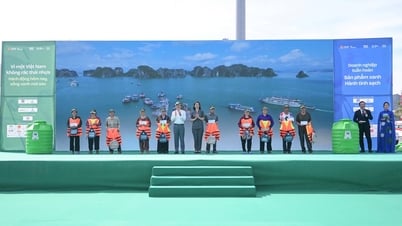






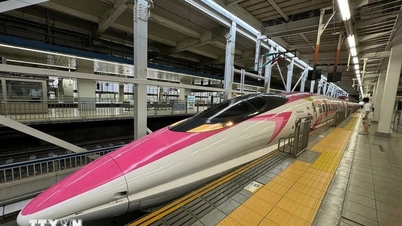



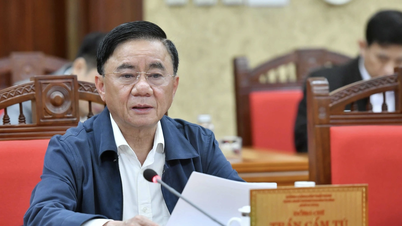

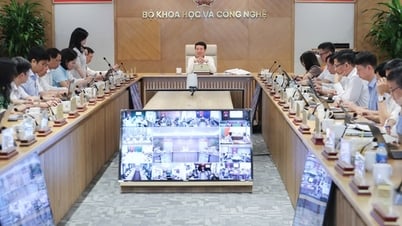

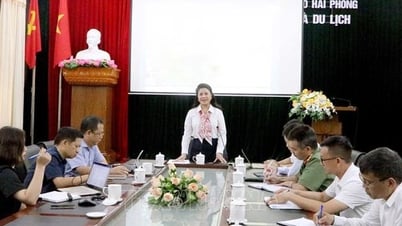

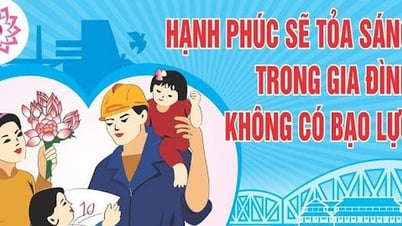
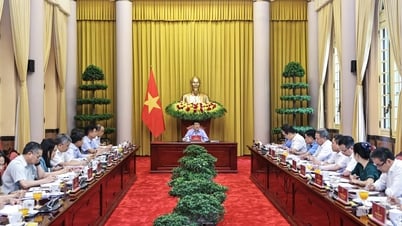





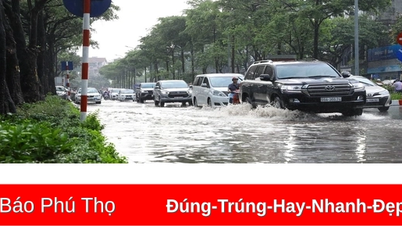


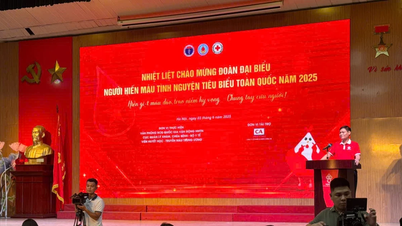

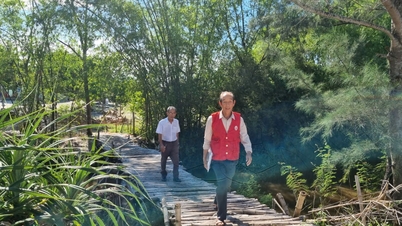













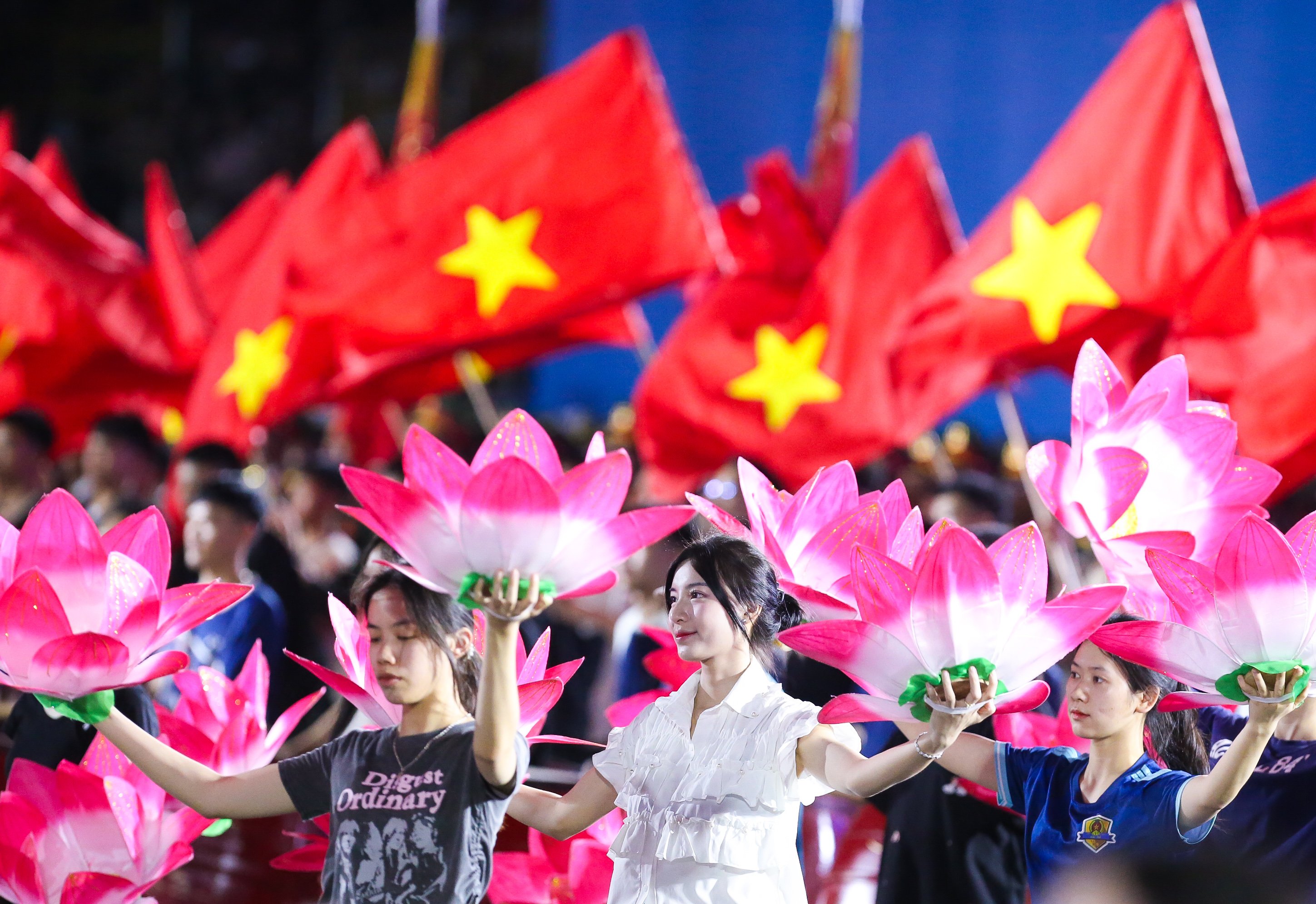



Comment (0)